
Can a Horse Consume Too Many Electrolytes?
Find out why a horse might prefer electrolyte water over plain water and if that’s a cause for concern.

Find out why a horse might prefer electrolyte water over plain water and if that’s a cause for concern.
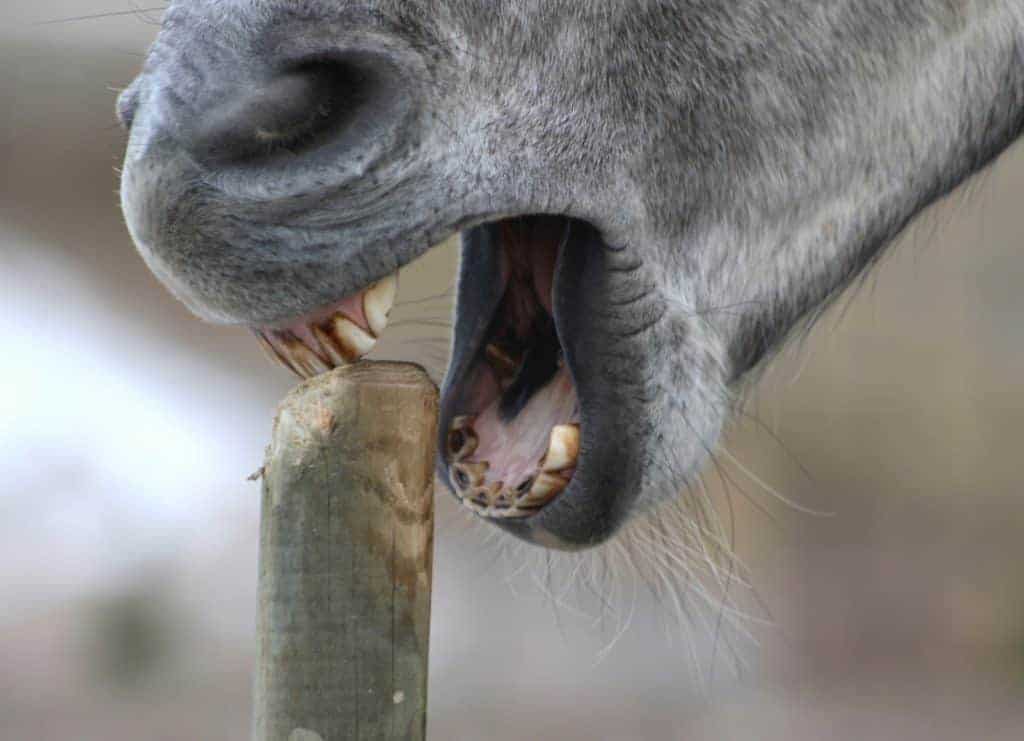
Researchers found that the cribbers in their study were deficient in selenium.
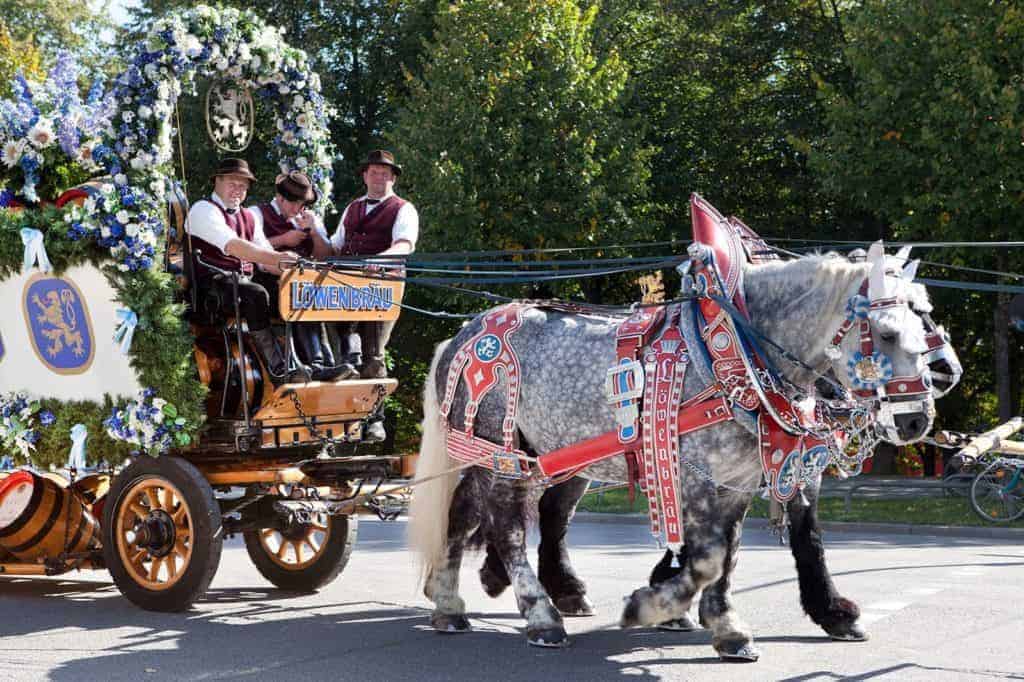
With Oktoberfest in full swing, we started to wonder: Is the racetrack tradition of giving horses beer a good idea?

Weanlings require additional support and feeding adjustments as they grow. Here’s what to remember.

Researchers are looking at how diet might influence how horses respond to stress and disease.
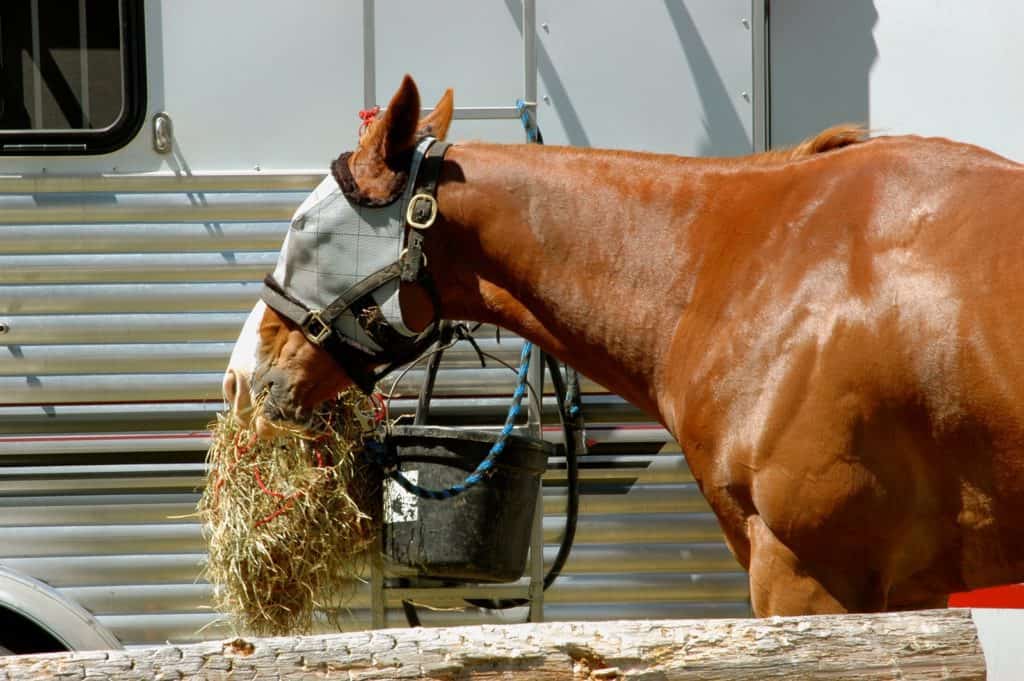
Travel stress can lead to gastric ulcers and colic. Use these strategies to help keep your horse healthy away from home.

An equine nutritionist explains how to ensure your horse gets an appropriate amount of salt.

Our nutrition expert considers grain hays, grass hay, and alfalfa for feeding growing horses.

Take a look at protein and its role in the equine diet.

Molybdenum isn’t usually a topic of conversation, but this mineral is an important part of your horse’s diet.

In some areas, water sources can contain substantial amounts of Mn, which can affect dietary needs.
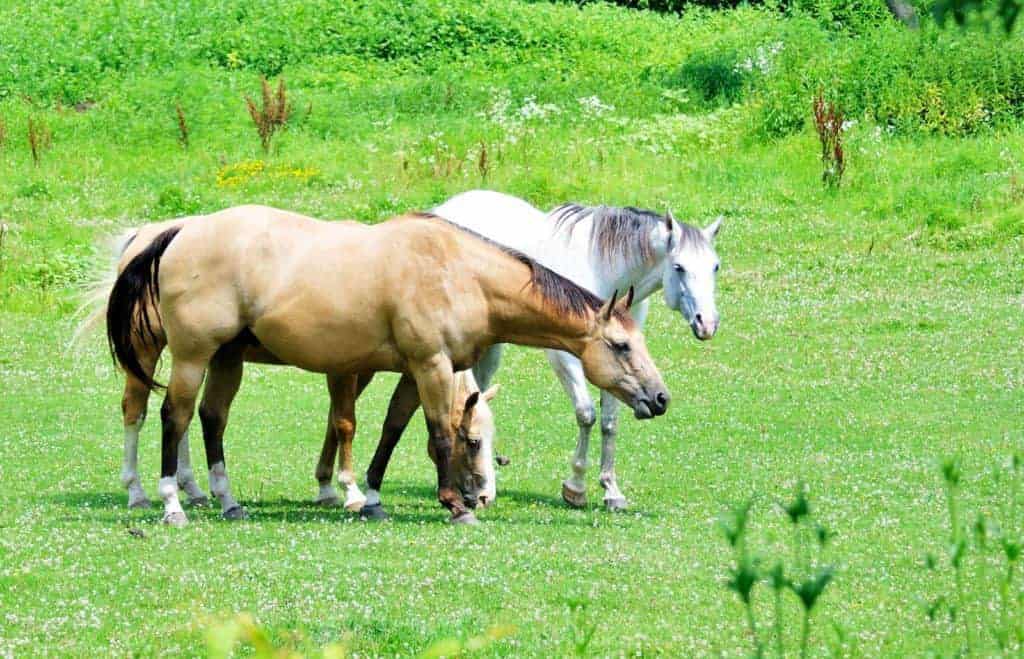
What kind of diet should a horse with HYPP consume to help keep clinical signs at bay?

Iron plays a key role in oxygen transport and immune function in the horse.
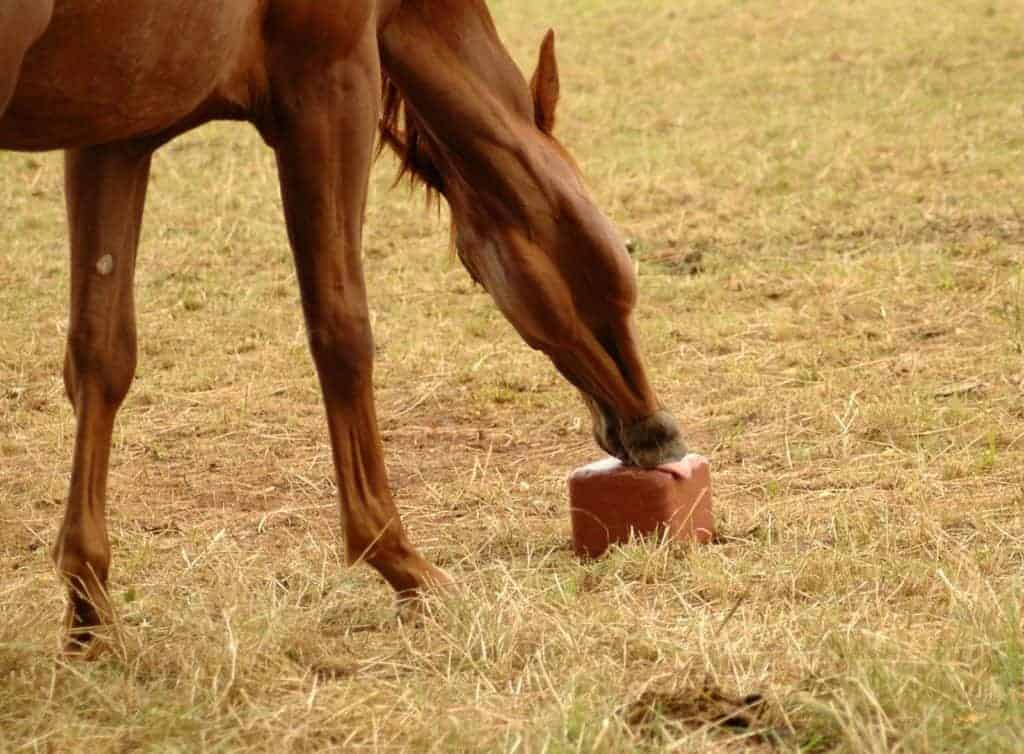
Find out how iodine plays an important role in equine metabolism, growth and development, and overall health.

With a rapidly growing foal on board, late gestation can pose nutritional challenges for pregnant mares.

High blood potassium levels cause hyperkalemia. Here’s what to watch for and how to treat this dangerous condition.
Stay on top of the most recent Horse Health news with
"*" indicates required fields